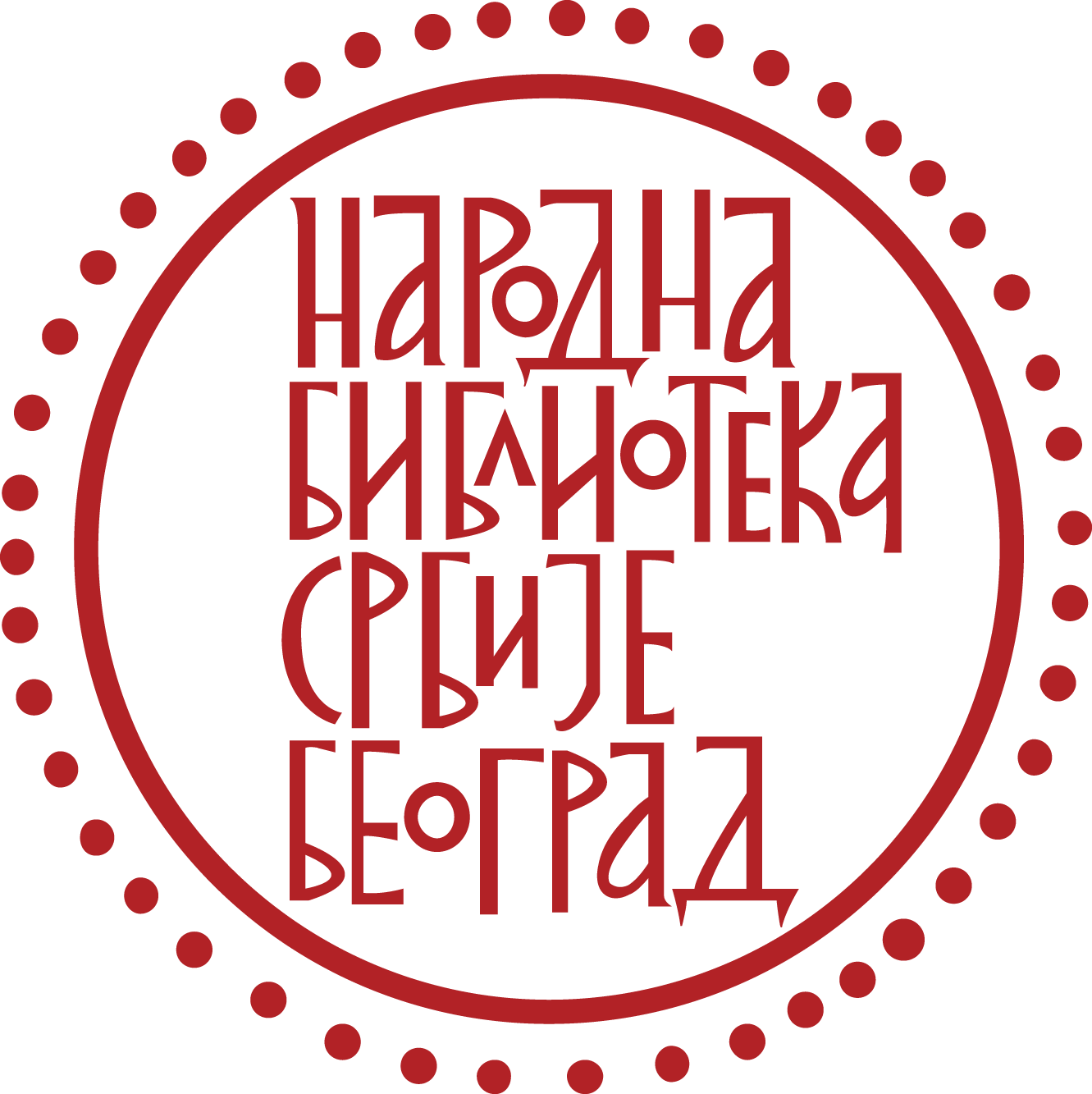The (Proto)Avant-Garde Program of Jelica Belović Bernadzikowska
DOI:
https://doi.org/10.18485/knjiz.2017.7.7.2Keywords:
Jelica Belović Bernadzikowska, embroidery, women’s authorship, tradition, modernity, avant-gardeAbstract
In her book Srpski narodni vez i tekstilna ornamentika [Serbian Folk Embroidery and Textile Ornaments, 1907] Jelica Belović Bernadzikowska opened topics which marked the discourse of the modernization of Serbian culture and art (literature, painting, music) in the decade leading up to the First World War – the relationship between domestic and foreign and the relationship between tradition and modernity in contemporary cultural identity. The ideas of this author are, firstly, perceived in the context of the epoch in which they were articulated. Their alternative position regarding the dominant cultural pattern, which was promoted by ‘the pivot of the epoch’, Srpski književni glasnik [Serbian Literary Gazette], is pointed out. What is also accentuated is their kinship with authors who molded the cultural pattern, whose elements would go on to become a part of the program platforms of a generation of avant-garde authors (Dimitrije Mitrinović, Stanislav Vinaver, Stevan Hristić, Nadežda Petrović, Isidora Sekulić). The focal point of the paper is the comparative analysis of the author’s key ideas presented in the work Srpski narodni vez i tekstilna ornamentika (polycentrism, the periphery as a space of innovation, non-epic folkloric stream as the poetic support of contemporary art, a creative dialogue with tradition and the creative reception of Western European paragons, the aesthetics of suggestion, mysticism, improvisation etc.) with poetic remarks of interbellum, avant-garde authors (Stanislav Vinaver, Svetislav Stefanović, Rastko Petrović, Miloš Crnjanski, Momčilo Nastasijević).











